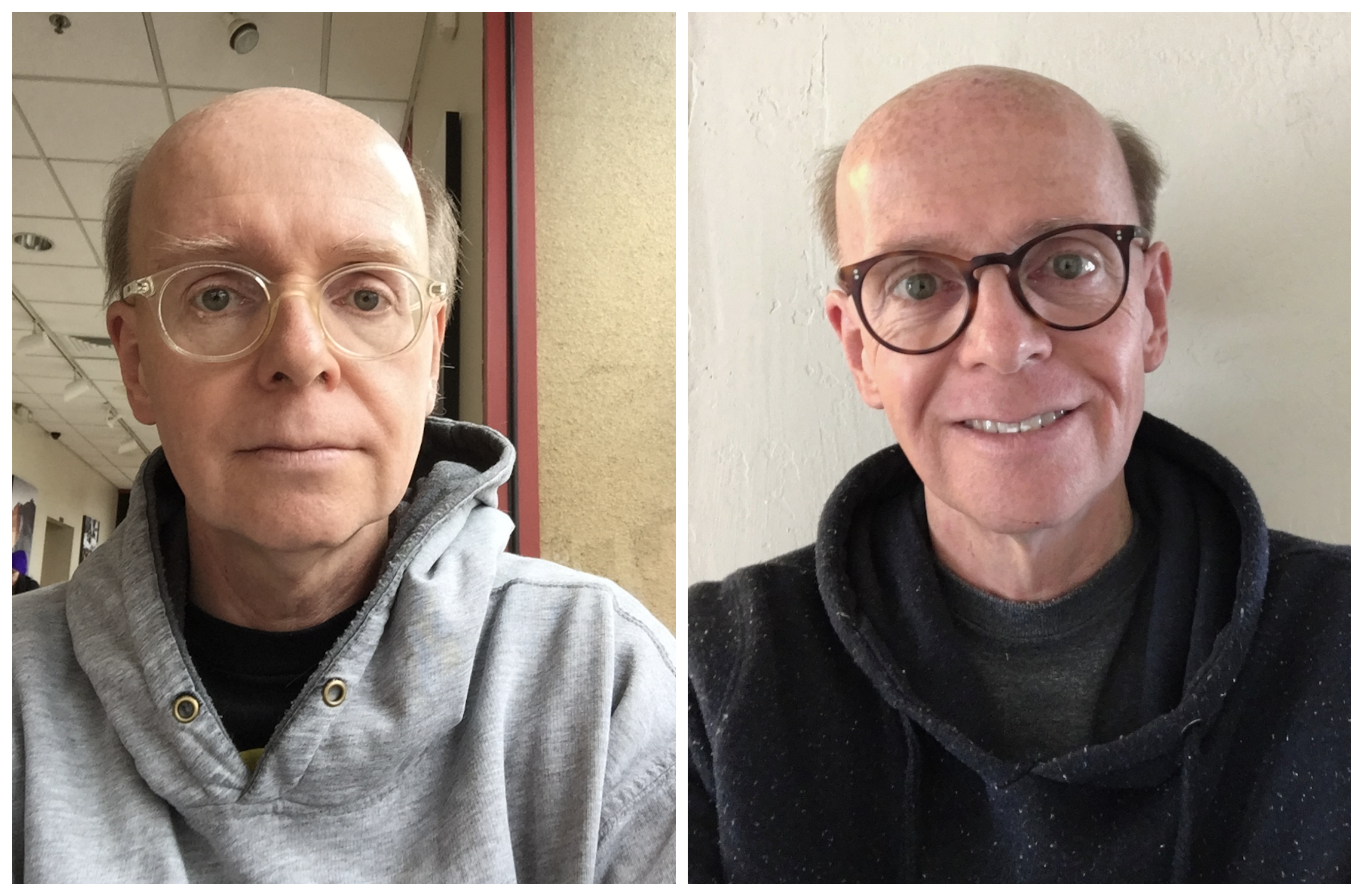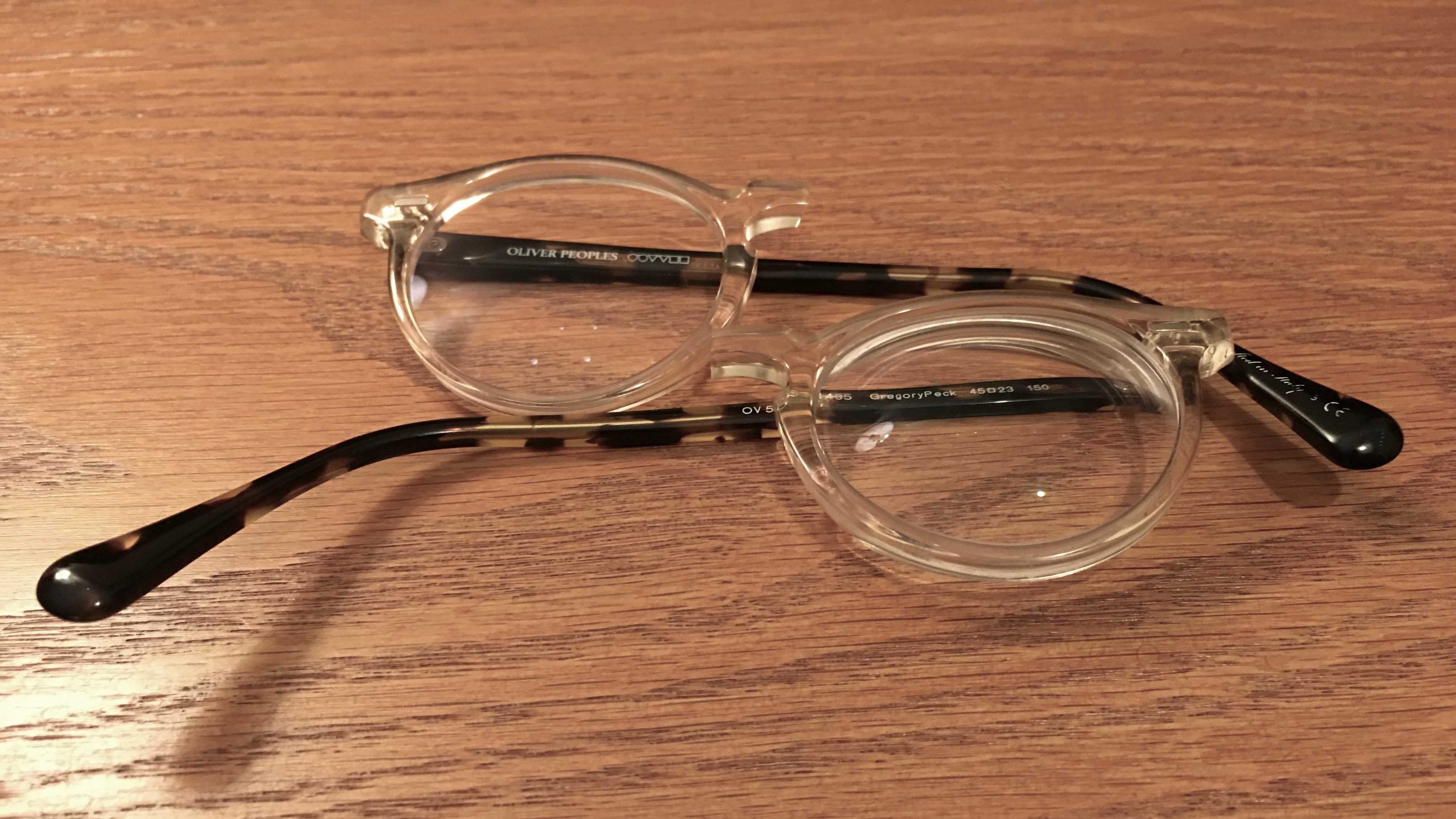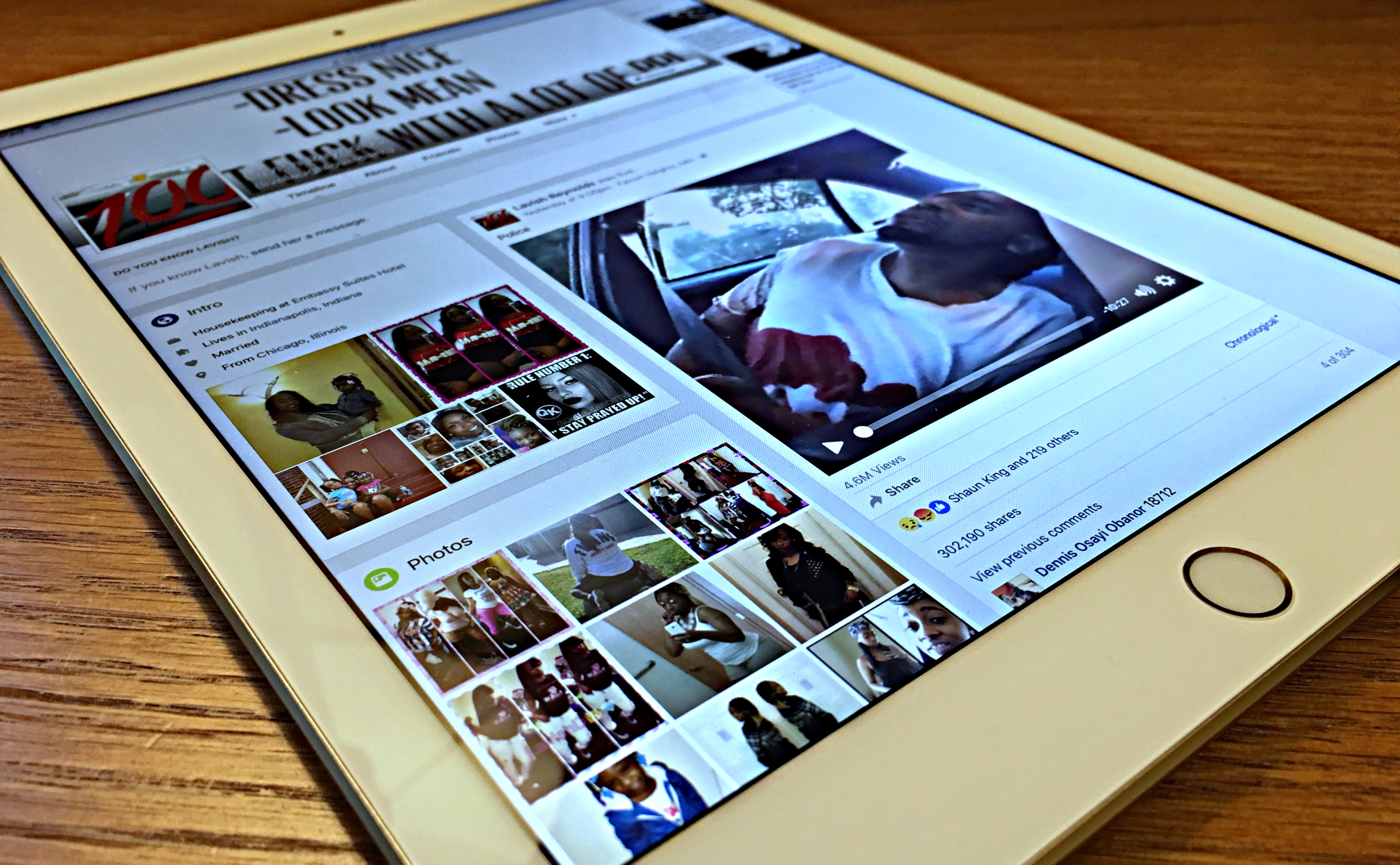I rarely go to Facebook, but my niece was in San Diego County for a few days, and checking up on her travels was a must. During the brief FB foray, a Newsfeed post nipped my attention. Erica Toelle asks: “Bloggers, how long does it take you to write a 1,000 word, well researched and well-written article? I realize ‘it depends’ but it’s usually longer than 4hrs, right? I’m working with under-documented technology and usually have to try it to understand how it works”.
The question is hugely relevant at a time when speed too often trumps accuracy—or accountability—and many writers must meet (often ridiculous) daily quotas. Then there is the controversy about so-called fake news.











